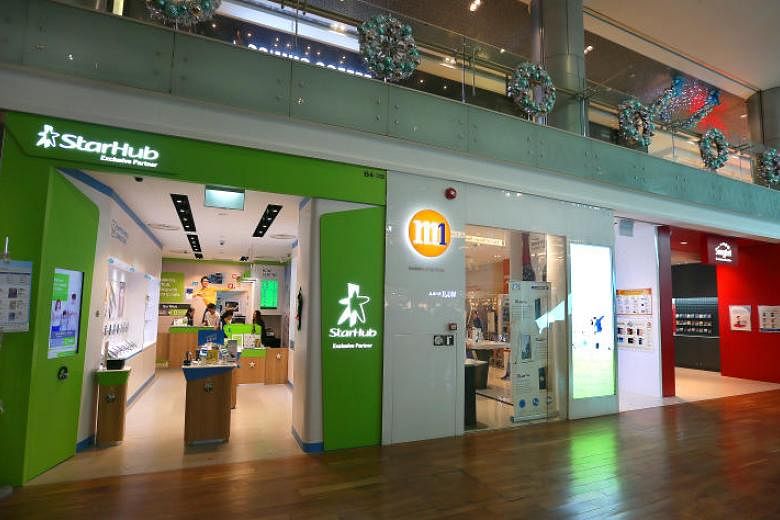SINGAPORE - Consumers can turn to an affordable and speedier way to settle disputes with their telcos when an alternative dispute resolution (ADR) scheme launches as early as the end of 2018.
Disputes could be over contracts, billing and service quality, for example, the thousands of dollars that customers could unknowingly chalk up in roaming fees, unexplained mobile data charges, or compensation for mobile, broadband or pay-TV service disruptions.
The industry regulator, the Infocomm Media Development Authority (IMDA), is sorting out the final implementation details of the ADR, which arose out of new laws passed in Parliament in November 2016.
The IMDA received more than 300 complaints over billing and contract issues every year between 2014 and last year (2017). And that is just the tip of the iceberg, as the number of complaints related to roaming and unexplained mobile data fees is still being compiled.
In a public consultation launched on Wednesday (Jan 17), the regulator proposed a two-stage process for the ADR scheme: mediation is carried out first, and if a resolution is not reached, adjudication will take place, in which a formal judgment over the dispute is made by a third party.
IMDA proposed that consumers bear 10 per cent of the case fees, with telcos bearing the rest. The fees for consumers are estimated to start from $10 for mediation and $50 for adjudication.
The authority proposed that consumers first approach their telcos to resolve problems. Consumers also need to serve a "notice of intention to mediate" to their service providers at least 14 days before initiating the ADR process.
Telcos must attend the two-hour mediation, handled by a soon-to-be-appointed third party. If the disputing parties agree on a resolution, settlement terms are binding on both parties.
During adjudication, which is handled by another third party to be appointed by the IMDA, the decision will be binding on the telcos only if the consumer accepts it. If the consumer does not accept this, he can choose to turn to the courts or Small Claims Tribunal.
The authority said the ADR scheme is modelled after similar systems in Britain, Hong Kong and Australia. One of the benefits of having such a scheme is that the IMDA would have a dedicated avenue to channel complaints.
Another, for consumers, is that the IMDA can force telcos to participate in mediation and impose penalties for non-compliance under the amended Telecommunications Act and the IMDA Act, both enacted in February 2017.
Currently, consumers may turn to the Singapore Mediation Centre and its more than 400 mediators, or consumer watchdog Consumers Association of Singapore (Case) to handle mediation, if they are willing to pay a fee of at least $267.50 for the mediation centre and at least $37.45 for Case.
Case said that the number of telco related complaints it received has decreased from 168 in 2015 to 85 last year (2017).
However, the Singapore Mediation Centre and Case cannot force telcos to the negotiation table.
In addition, the ADR scheme is significantly more cost-effective than turning to the courts or Small Claims Tribunal - a consumer's last resort - to force telcos to come to the table for settlement.
Singtel, StarHub and MyRepublic said they will provide feedback to the IMDA by the end of the consultation on Feb 28. M1 said that current avenues for dispute resolution are adequate.


